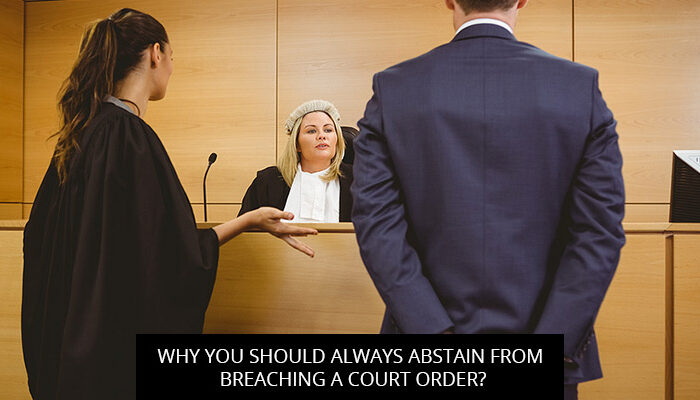
“R. v. J.A. Has Smashed All Blurred Notions Of Implied Consent, Advance Consent Or Continuous Consent In Sexual Assault Matters”
The right to consent is always at the forefront in terms of sexual assault matters. At the very outset, sexual activity without express consent amounts to sexual assault. Over the past few years, Canadian Sexual assault laws have been immensely modernized by broadening the significance of consciousness and capacity to consent in determining sexual assault convictions.
This blog article intends to highlight how the Canadian Court in R. v. J.A. interpreted the rationale of consent involving unconscious persons.
This instant case revolves around the issue of asphyxiation causing the unconsciousness of the complainant. The complainant was mentally aware of the fact that erotic asphyxiation might result in complete loss of consciousness but she did not consent to the sexual activity that happened while she was unconscious.
The Legal Framework For Consent
Section 265 of the Criminal Code of Canada declares an act as a sexual assault when it happens in the absence of the other person’s consent. The invalidity of a person’s consent due to his/her incapacity to consent springs from section 273.1(2)(b) of the code. However, the incapacity to consent may be a result of a variety of factors like but not limited to mental impairment, immobility, memory loss, or much more importantly, unconsciousness.
A Conscious Mind Is Required Throughout The Sexual Activity
J.A. was the first of its kind that helped in evolving jurisprudence surrounding the significance of the conscious mind for the purposes of consent in sexual activity. More importantly, this case purely involved a question of law: Whether the consent given prior to losing consciousness is sufficient enough to perform sexual acts on that person?
At the absolute core, there is no substitute for the actual consent of the complainant during the course of sexual activity. It is indefensible for the accused to have perceived that an unconscious complainant had consented to sexual activity given the fact that consent is impossible to acquire due to lack of consciousness.
As made clear in para. 31 R. v. Ewanchuk, it is not open to the defendant to argue that the complainant’s consent was implied by the circumstances, or by the relationship between the accused and the complainant. To be noted that, the defence of implied consent to sexual assault cannot be invoked. Similarly, at para. 51 of Ewanchuk, the accused cannot present the argument that the complainant’s no was misinterpreted as yes.
The Supreme Court of Canada in J.A. made abundantly clear that a conscious and present mind is a prerequisite for providing consent. The conscious state of mind for the sexual activity in question is an allusion towards individuals’ right to revoke consent or stop the accused at any point during the sexual act.
Advance Consent Does Not Give A Clean Chit To Perform Sexual Acts On The Complainant
This case also showed that advance consent is not equivalent to actual consent. As repeatedly interpreted, the only relevant period for the confirmation of consent is when the activity is actually happening. Therefore, rendering advance consent as an insufficient basis to continue sexual acts on an unconscious person would likewise negate the notion that an unconscious person is sexually available.
Our Skilled Lawyers Can Guide You
If you require any assistance pertaining to criminal charges or unsure on the area of consent, please get in touch with our criminal defence lawyers at Ayaz Mehdi Professional Corporation.
Disclaimer: Kindly note that sending or receiving information through this site does not establish a solicitor-client relationship. Legal matters are fact-specific, and the law is variably changing. The views expressed and the content provided on this blog are general guidelines and cannot substitute for proper legal advice. Schedule your legal consultation by clicking here: Let’s meet!






